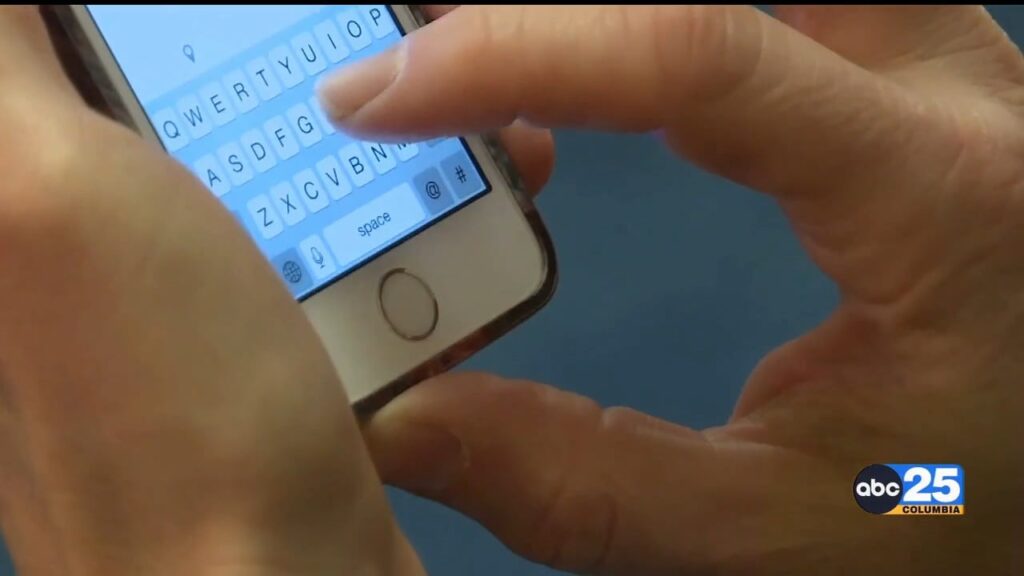COLUMBIA, SC (WOLO) — No more cell phones in the classroom.
That’s the reality facing South Carolina students and teachers when the state department of education’s cell phone ban takes effect in January.
“I think it’s a good one,” said Gov. Henry McMaster. “I know that if everyone is in the school are on their cell phones all day long, learning is going to go down. That is a big distraction.”
Fairfield County Schools identified cell phones as a distraction back in 2019, according to district leaders.
“We already had a cell phone plan in place that we felt was being implemented with fidelity,” said Dr. Tony Hemingway, Fairfield County superintendent. “It was one that allowed some flexibility. With this new policy, we have to embrace some of the changes.”
The South Carolina Department of Education will give school districts until January to create their own cell phone bans or risk losing state funding.
The current cell phone ban in Fairfield County allows students to use cell phones during lunch and other breaks.
“Just as adults need time to decompress, students need that break too, specifically high school,” said Fairfield High School principal Dr. Tracie Swilley.
Now, the new statewide cell phone ban will require students to store their devices in lockers or backpacks.
Parents have raised concerns about being able to contact their children in case of an emergency.
“I think the best thing to do is have someone in authority be the one who tells the kids what they need to do,” the governor said. “That teacher will be informed about what the situation is.”
“Parents want to communicate with their students. There’s a lot of things you want to take care of with your kid midday that you can’t do,” said Dr. Swilley. “Now, the burden is on the school staff to get the message delivered when parents could make that communication effortlessly.”
Swilley believes that the stricter statewide cell phone ban will require additional work for teachers and staff in other ways as well.
“We want to be consistent when we enforce discipline. We don’t want to be in a situation where we don’t say anything to one kid after disciplining another,” the principal said. “You have to have your head on a swivel at all times to monitor that in a cafeteria setting. It’s different from a classroom.”
Richland One School District declined to go on camera but sent us this statement: “At this time, no changes have been made to our district cell phone policy. Under our Student Code of Conduct, the unauthorized use of electronic devices during the school day is considered a minor offense (Level 1). The following consequences may be implemented: parental contact and in-school conference assigned as warranted, in-school disciplinary actions such as detention and/or the assignment of reports related to the offense or work assignments (academic or community service to school) before or after school and/or supervised in-school suspension; and/or suspension for one (1) to five (5) days at the discretion of the principal or designee.”
Kershaw County School District has confirmed that staff are in the process of revising their current cell phone policy.
